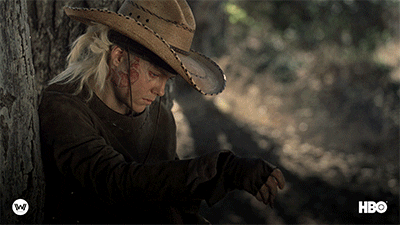Westworld, the popular HBO series that explores the boundaries between artificial intelligence and humanity, has captivated audiences with its thought-provoking storyline. The show delves into complex themes such as morality, consciousness, and free will, all while raising questions about our own society's relationship with technology.
One of the most significant social implications of Westworld is how it challenges our perception of what it means to be human. As we watch Dolores (Evan Rachel Wood) and other hosts evolve from mere automatons into sentient beings capable of making their own choices, we are forced to confront questions about identity and self-determination. Are these characters truly different from us? Or do they merely reflect our own desires and fears projected onto them by the human guests who visit Westworld?
Another important aspect of Westworld's social implications is its exploration of power dynamics within society. The show highlights how those in control – whether it be park creators like Robert Ford (Anthony Hopkins) or corporate leaders like Charlotte Hale (Tessa Thompson) – often manipulate others for their own gain, leading to devastating consequences. This theme resonates with real-world issues surrounding wealth inequality and political corruption, reminding us that power can corrupt even the most well-intentioned individuals.
In conclusion, Westworld serves as a powerful reminder of the potential dangers lurking within our increasingly technologically advanced world. By forcing viewers to grapple with complex ethical questions and challenging their preconceived notions about what it means to be human, the show encourages us to reflect on our own society's relationship with technology – and perhaps even inspire positive change in its wake.
